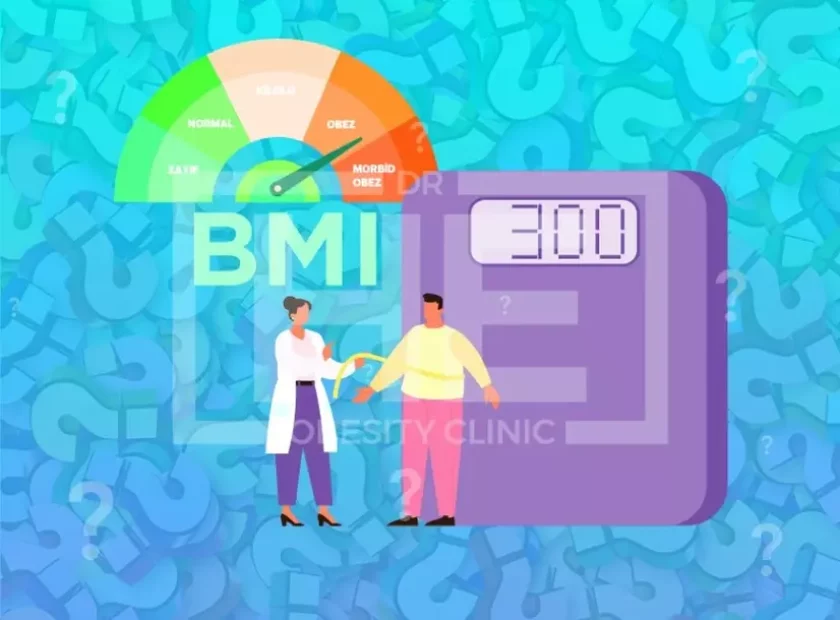
Can bariatric surgery affect kidneys? Yes, bariatric surgery can affect kidneys. One way it might affect your kidneys is creating kidney stones, and the other is that it may lead to acute kidney injury (AKI). Individuals with bariatric surgery have a higher risk of kidney stones.
Gastric bypass patients had greater amounts of granules known as oxalates, which produce kidney stones, according to studies. It is important to mention that oxalate is normally absorbed by the gastrointestinal (GI) system.
Significant concentrations of oxalate in the renal system can arise if the GI stream is changed after surgery. The oxalate can crystallize, causing kidney stones to develop. Kidney stones can cause the following signs:
- Backache
- Urine with blood in it
- Throwing up or discomfort
- Shivers and high temperature
- Urine having an unpleasant odor
- Urine that is murky
Notify your health care provider or medical professional if you are experiencing indications of a kidney stone. You may be instructed to drink more water to clear out the stones in your pee, then filter your pee to send a stone to a laboratory for analysis.
In addition, there are several methods for preventing kidney stones following bariatric surgery. You can, for example, cut down on the quantity of sodium you consume and red meat.
Excessive salt can create kidney stones since it dehydrates you, and ions crystallize when there isn’t enough water in your system to dissolve them. It also might cause an increase in the amount of calcium in your pee. Additionally, water is essential, so, make sure that you consume it sufficiently.
In addition, bariatric surgery has an effect on the kidneys since it causes acute renal damage. Acute kidney injury (AKI) occurs when your kidneys cease functioning normally unexpectedly. It might vary from a slight reduction in kidney function to total renal failure.
Acute renal failure can be deadly and needs immediate medical attention. Acute renal failure, at the same time, is potentially treatable. If your condition is more or less strong, you may be able to regain typical or almost perfect kidney functioning.
The bariatric surgeon will go through the risks and potential problems of your treatment with you. By lowering your BMI, improving your exercising, and quitting tobacco, you can help reduce some of the dangers and adverse effects of bariatric surgery on your kidneys.
How to Prevent Kidney Stones After Gastric Sleeve Surgery?
After gastric sleeve surgery, you’ll have to be aware of some of the most important precautions. One of these is avoiding foods rich in oxalate.
These foods can form stones in the kidneys and cause further damage to your bones. Therefore, it is very important to limit the amount of these foods in your diet. In addition to this, you need to limit the amount of red meat you eat.
As mentioned before, protein from food is the best way to prevent kidney stones after gastric sleave. However, protein supplements are also good choices. You should make sure to choose protein supplements that contain low oxalate ingredients.
Protein supplements may be necessary for you after gastric sleeve surgery because your body needs it to protect the muscles from poor nutrition. To avoid the risks of kidney stones, you should ensure you drink water throughout the day.
After bariatric surgery, your stomach is likely to be 80% smaller than before. As a result, you’re less likely to absorb important vitamins and minerals. Because of this, you’re more likely to develop kidney stones – calcium oxalate stones – than before.
However, you can minimize the risk of developing kidney stones after gastric sleeve surgery by carefully monitoring your diet and your behavior.
The main preventative measure is excellent hydration. Fluids dilute the crystals that are responsible for forming stones. During gastric bypass surgery, you should also consume moderate amounts of animal protein.
However, this should be done in moderation, as high amounts of animal protein can make your urine acidic. The Hidrate Spark water bottle can help you monitor your water intake and remind you when you are falling short of your goal.
What organs are affected by gastric bypass surgery?
Roux-en-Y gastric bypass is another name for the weight-loss operation that entails restructuring the digestive system: gastric bypass surgery. This operation has a direct impact on several organs.
The stomach is split into a smaller upper pouch and a larger lower pouch during gastric bypass. The upper part of the stomach is divided from the lower part by being stapled off. The stomach’s capacity to hold food is decreased as a result.
After that, a section of the stomach and the upper portion of the small intestine are bypassed and joined to the newly formed upper pouch. The usual digestion and absorption of nutrients are altered as a result.
The stomach, duodenum (the first section of the small intestine), and jejunum (the second half of the small intestine) are the three organs most commonly impacted by gastric bypass surgery. Gastric bypass limits food intake and changes nutrient digestion and absorption, which results in weight loss. It does this by reducing the size of the stomach and bypassing a part of the small intestine. It is significant to highlight that these modifications are permanent, necessitating lifelong dietary and lifestyle changes on the part of those who undergo gastric bypass surgery.





